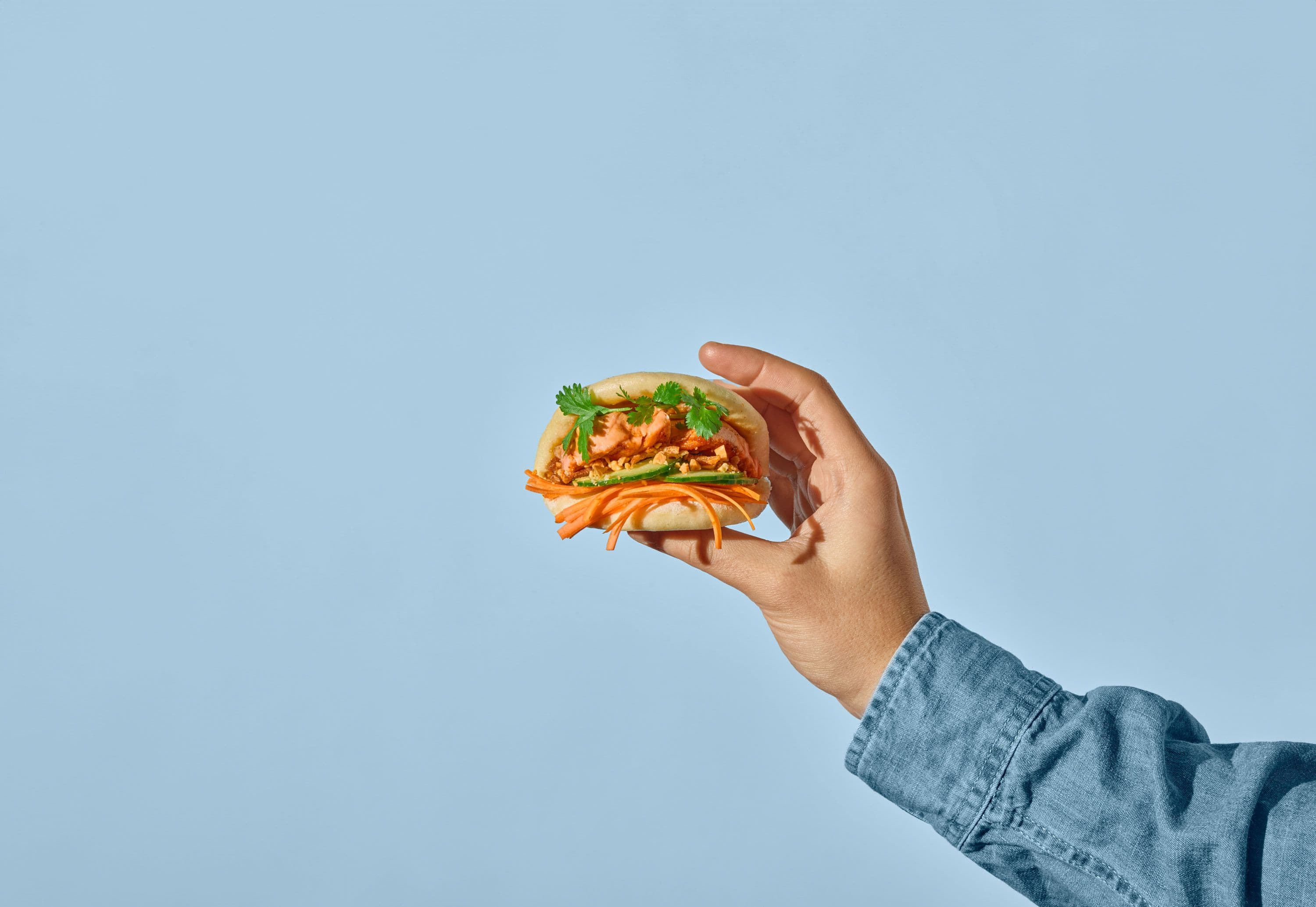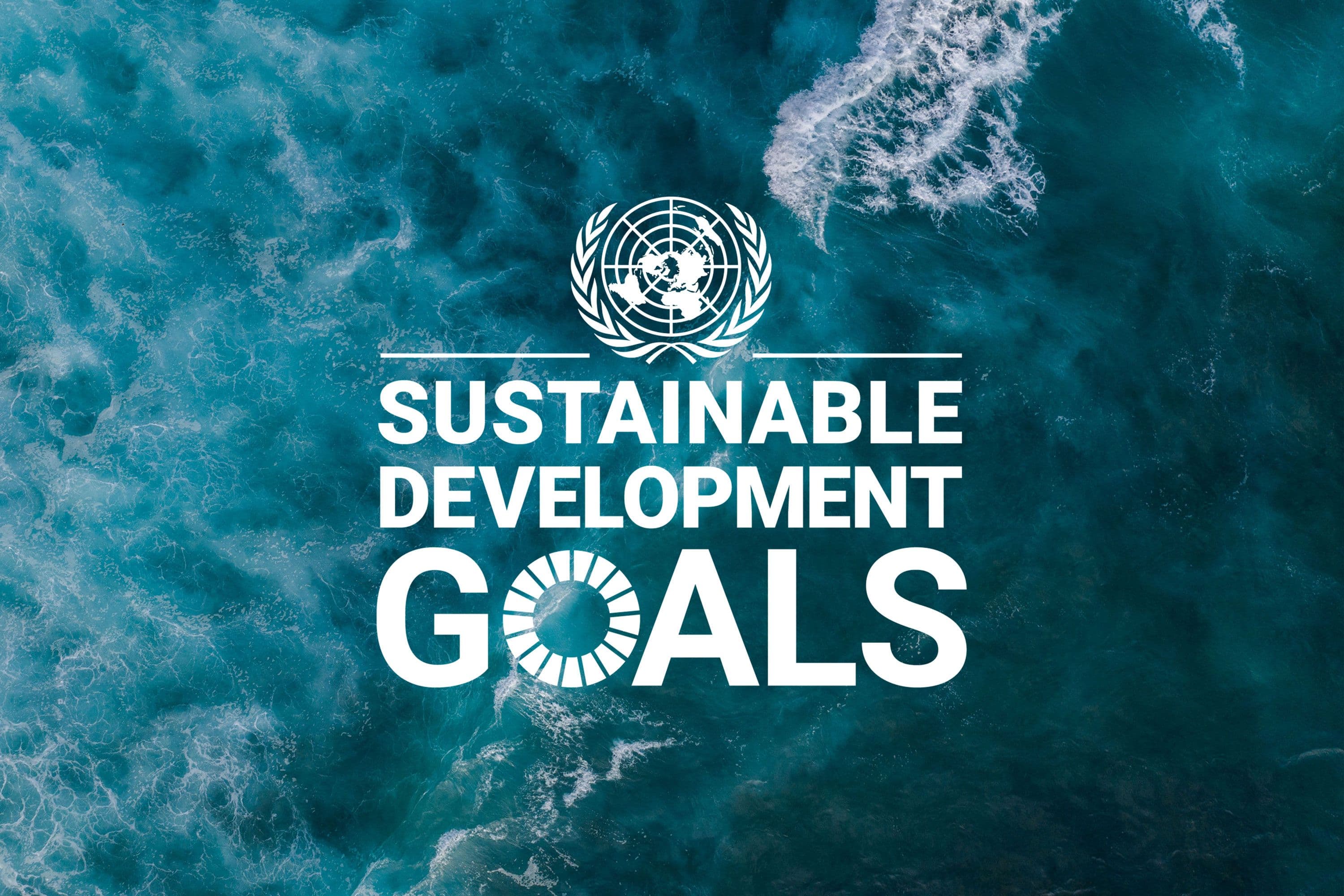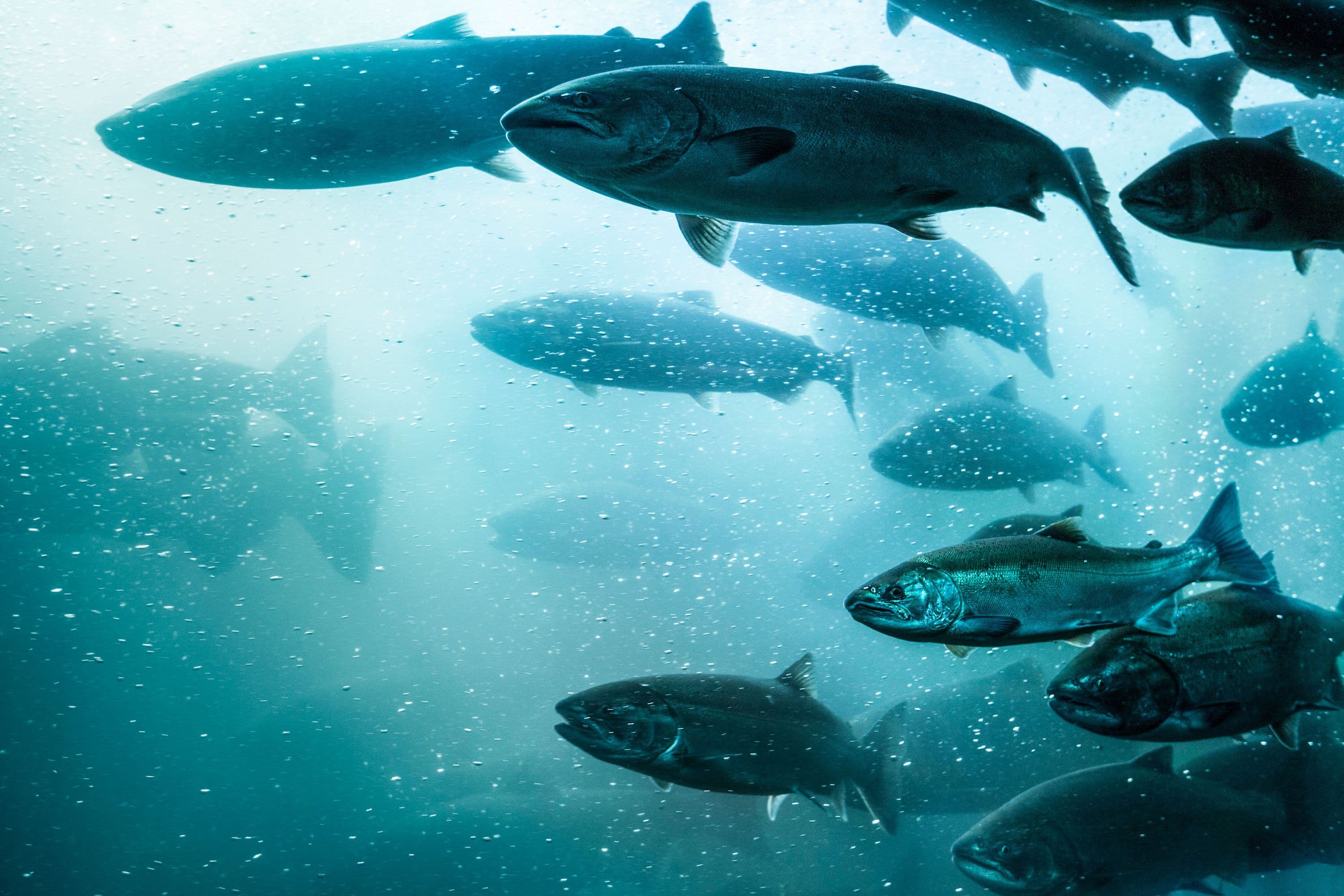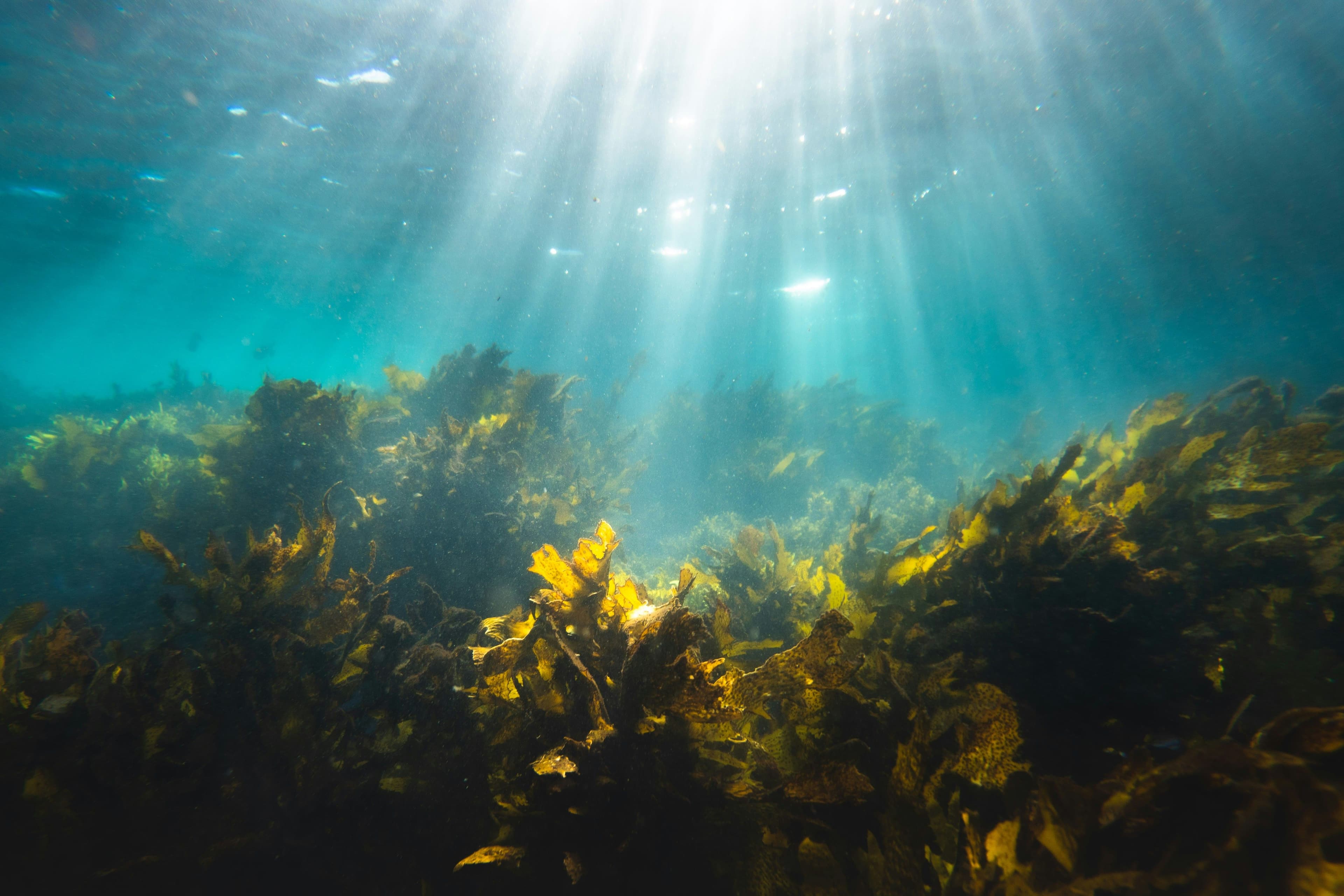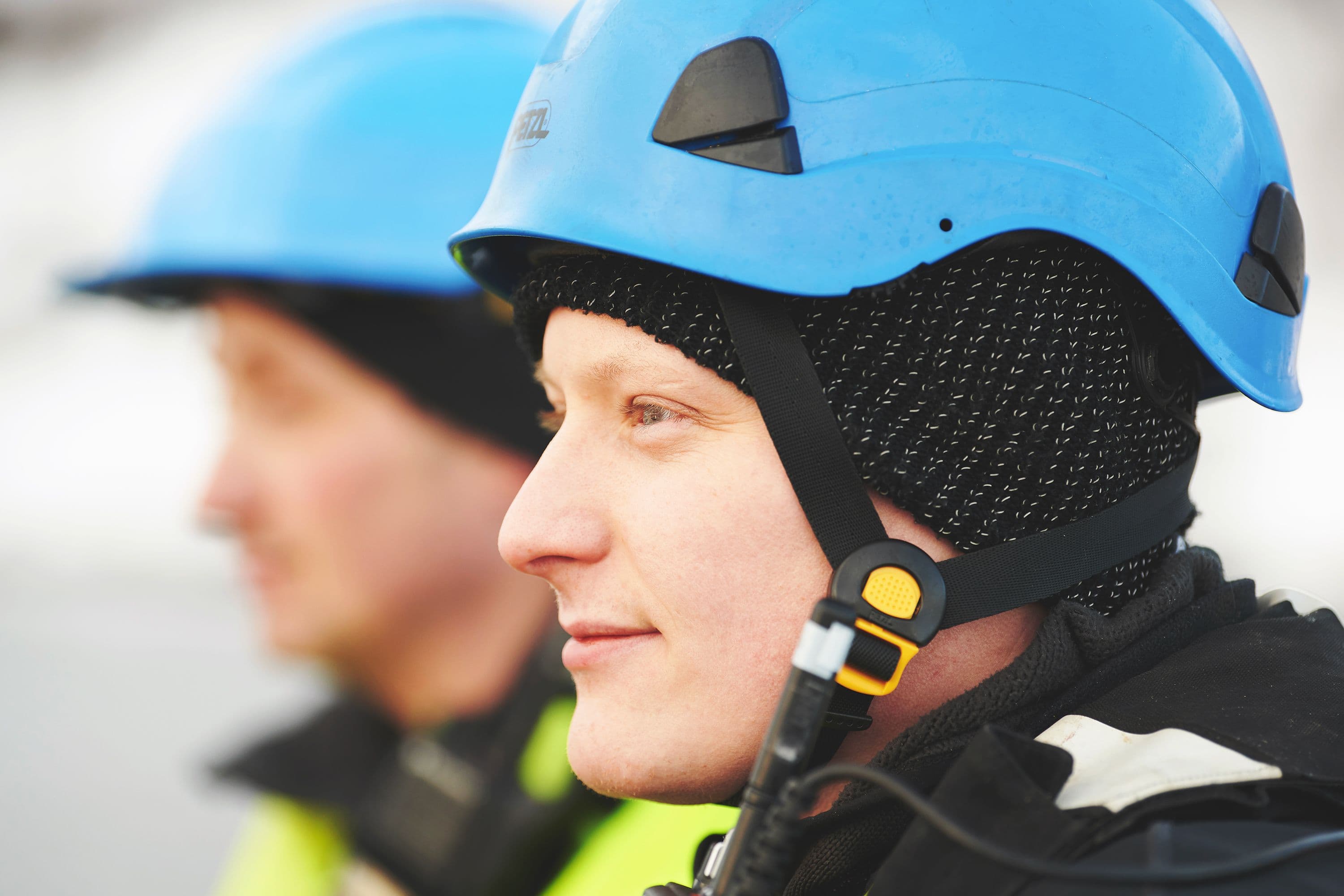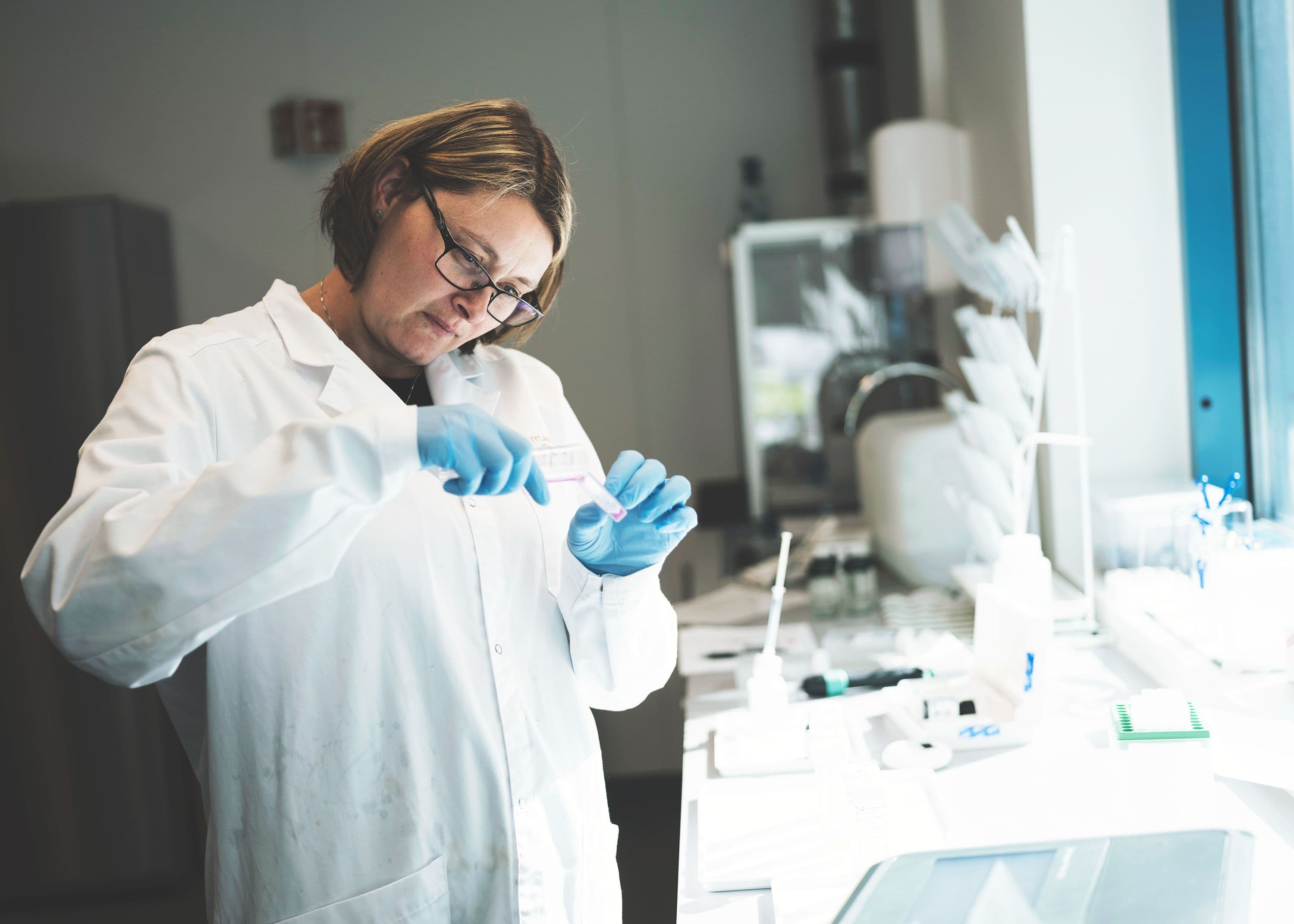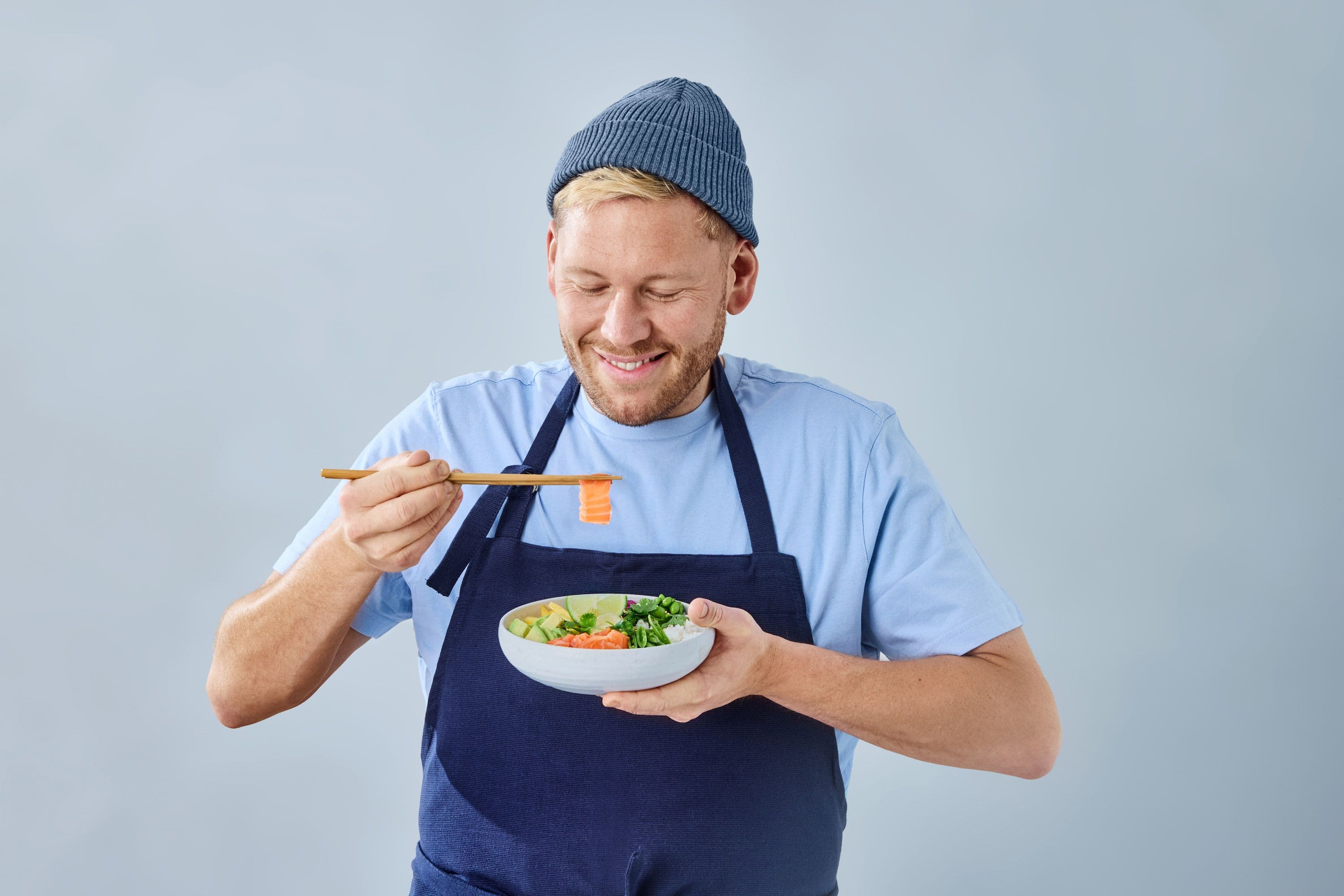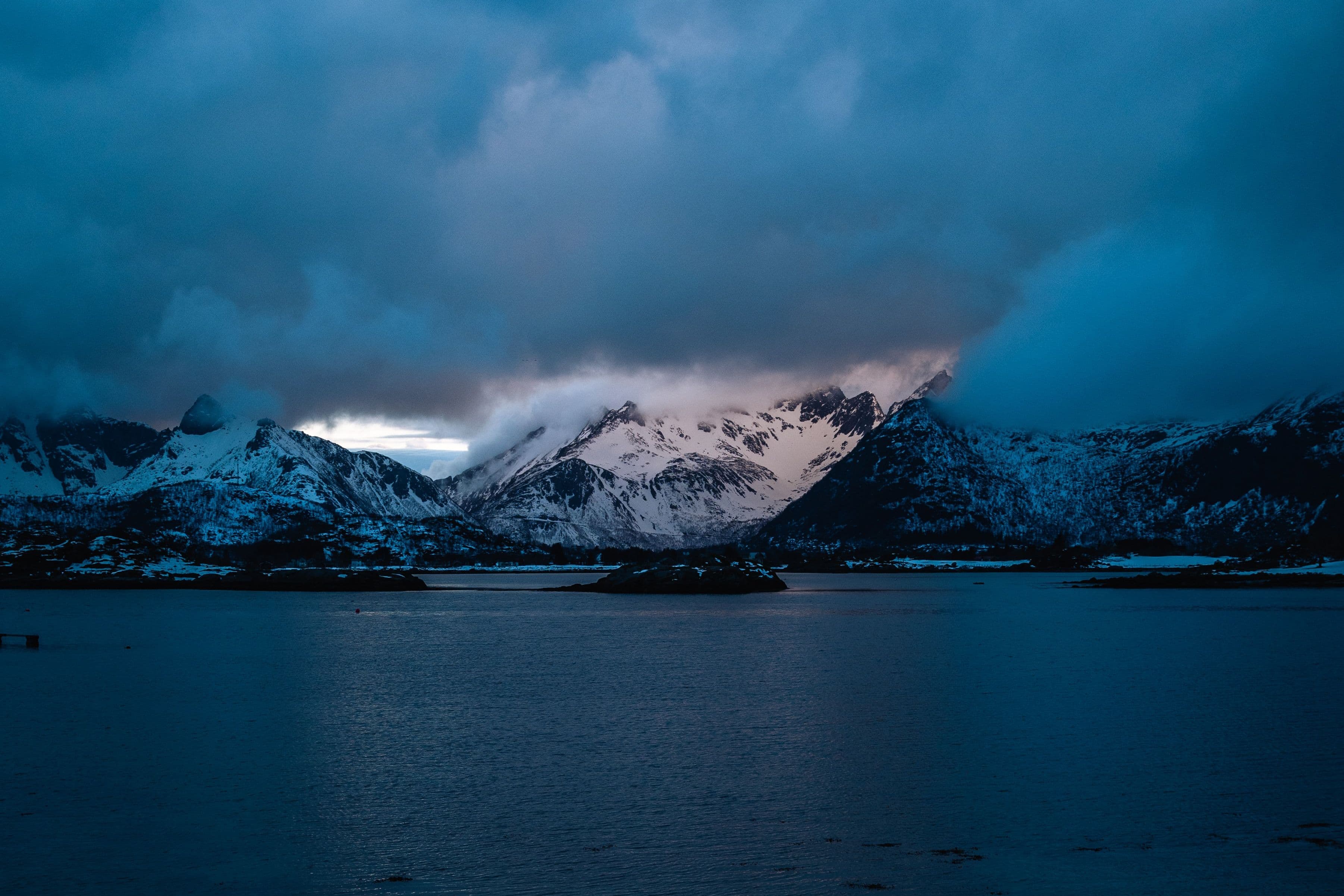
Our impact
How we work to improve
The ocean has the potential to provide low impact food for generations to come – if we do it right. Research, innovation and continuous improvement will help us get there.
Our impact
How we work to improve
Though we have made great progress in finding more responsible fish farming methods in recent decades, many challenges remain to be solved on our journey towards a more sustainable food system. Each day, we strive to improve.
Co-existence with nature and other species
Improving fish welfare
Sustainable feed
Reducing carbon emissions
Recycling resources
Respecting human rights
Technology & Innovation
Supply chain
Our impact
Our Certifications
To ensure that our local communities, customers and civil society can trust that we farm responsibly and with the highest standards, we certify our farms according to several recognized, third-party certifications.
Read more
Rogaland - Responsible farming
![[object Object]](/_next/image?url=https%3A%2F%2Fcdn.sanity.io%2Fimages%2F1gakia31%2Fproduction-v2%2F39cad9c76567b95734f7988e20d93437a4c6e9e1-3000x1999.jpg&w=3840&q=75)
